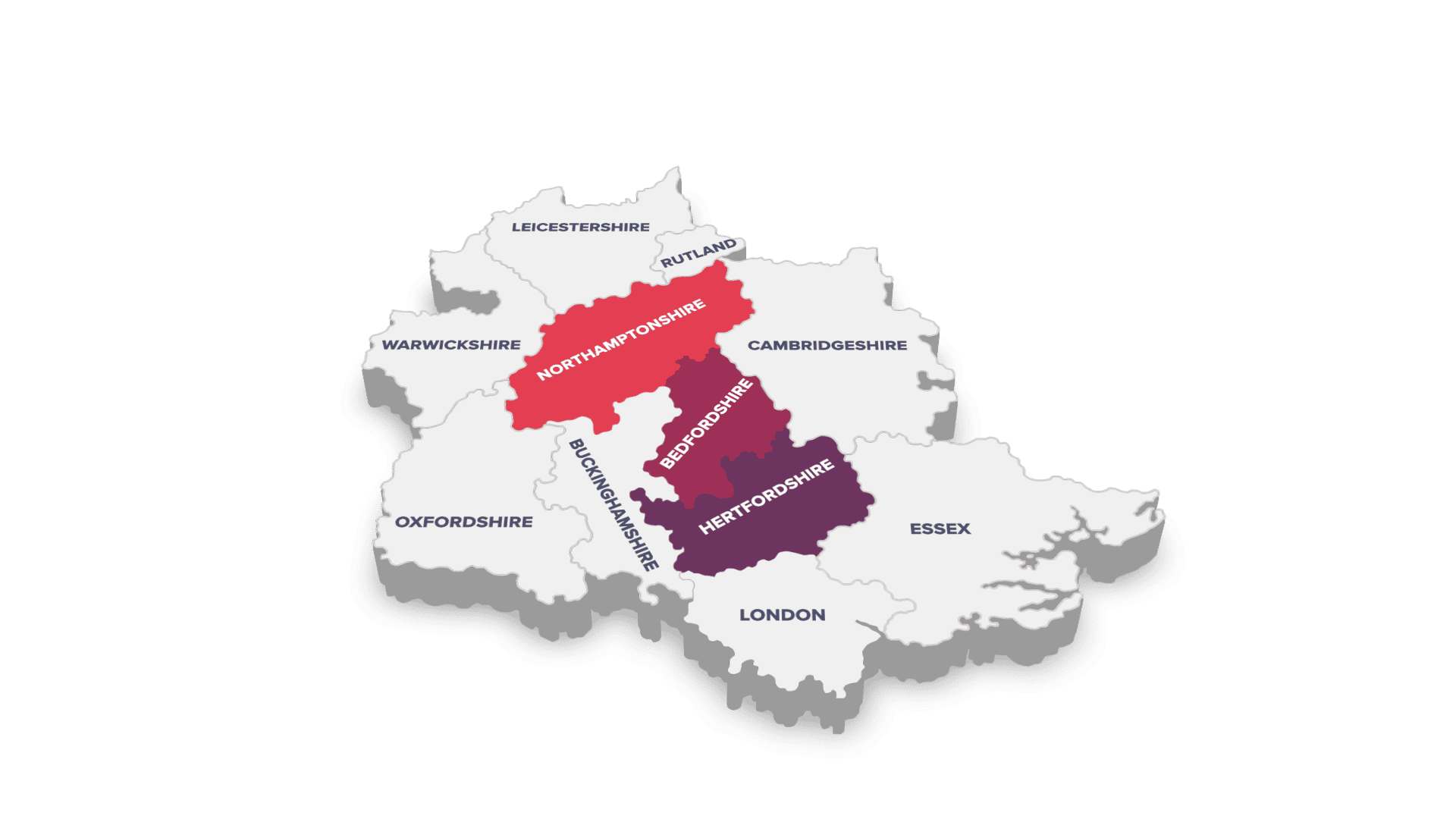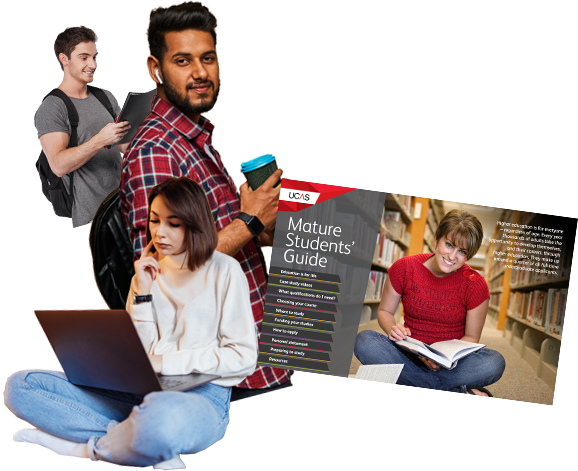


Getting back into learning? Here’s what to do!
Have you taken a break from learning? We have you covered. Review the information on our interactive timeline and get back to learning now. If you have any other questions not covered in this guide get in touch with our team. You can contact us.






-
Where do I start?
Starting this journey isn’t a leap of faith.
It’s finding the logical next step.
Our FAQs are designed to help you ask those first important questions. It’s simpler than it might seem.
Click on a key question below for more information...
-
WHAT DO I ENJOY?
“If you enjoy what you do, you’ll never work a day in your life” — when choosing the next step in your learning path, it’s worth remembering that old adage.
There’s no better place to start than listing things you enjoy.
-
WHICH SUBJECTS INTEREST ME?
A good place to start is the UCAS website. It gives details of all universities and courses available in the UK. It’s worth reading the prospectus for each course, they are all designed to help you on your professional, learning or personal journey.
Why not start by asking yourself what interests you? Then find a local institution that has courses in that field. Check the map (below) to see the local colleges and universities.
-
WHICH CAREERS APPEAL TO ME?
Whether or not you have a career in mind, furthering your learning is a great place to start.
Some people know what career interests them. If that’s not you, start with your interests and enjoy the excitement of uncovering your most appealing career as you learn.
-
WHAT ARE MY EXISTING SKILLS AND EXPERIENCE?
Identifying your own skills can be challenging. Think back on your previous learning, work or personal experiences, and remember where you excelled.
Often, learners use these skills as a platform for their course. Sometimes, you may want to do a short course before embarking on a longer one. These short courses help develop academic skills and are great for getting back into the habit of studying.
A great place to start could be checking with your local council for short courses in your area. Or you could try a free short course online somewhere like www.futurelearn.com to see what subjects interest you.
-
WHAT DO I WANT TO ACHIEVE?
This could easily be the most important question. The truth is there are countless possible answers, all of them correct.
Now, if you have your eyes on a specific industry or role, you could reach out to someone working in it for pointers.
The best place to start is by identifying your final goal, whether that is a new career or gaining new skills. Once you have this in mind you can work backwards and find the best route for you.
-
WHAT CAN I MANAGE?
Be realistic. Ask yourself, what can I commit to? Once you know the number of hours a week you can commit to learning, you can quickly get a good idea of the type of course for you. It could be anything from part-time to distance learning.
-
WHAT QUALIFICATIONS DO I HAVE AND WHAT CAN THEY LEAD TO?
Some courses require no qualifications at all. Others will have entry requirements.
If you search your local college, you’ll find exactly what they offer and their entry criteria.
Don’t worry if you don’t yet meet the criteria. There are many other courses available and some are designed to help you meet the criteria of your preferred course.
-
WHAT DO I ENJOY?
-
What are my options?
We have something to suit everyone.
Check out the FAQs to find what works for you.
People come from many different learning backgrounds. We’ll find a learning pathway for you.
Click on a key question below for more information...
-
I’VE GOT A GAP IN MY EDUCATION, DOES IT MATTER?
Rest assured, a gap in your education is not a problem. People re-enter education at various points in their life. Some with qualifications and some without. Local colleges offer a wide range of courses to suit all levels and cater for those who have education gaps.
-
WHAT IS FURTHER EDUCATION (FE) & WHAT ARE THE BENEFITS?
Further Education or FE refers to all education embarked on after age 16. Mostly, this includes all courses you take after secondary school.
Courses you can study include:
- HNDs
- HNCs
- Access Courses
- Foundation Degrees
FE courses are especially useful to gain entry onto a degree, Access Courses for example are designed to give you the skills required to get onto a degree.
-
WHAT IS HIGHER EDUCATION (HE) & WHAT ARE THE BENEFITS?
Higher Education or HE refers to education embarked on after age 18 or courses at levels 4 to 8.
“HE institutions” is mostly used in relation to universities. The study options are varied, you can take:
- Foundation degree
- Foundation Years
- Bachelor’s Degree (BA)
- Master’s Degree (MA)
There are over 50000 different subjects to study in UK universities.
-
WHAT IS AVAILABLE IN MY LOCAL AREA?
Just in your local area alone, there will be a wide variety of colleges. Use the interactive map at the bottom of this page to see what local learners are studying and the courses available.
Alternatively, look on ucas.com for Further Education and degree courses.
-
HOW DO I FIND AN APPRENTICESHIP?
They aren’t just for leavers, you can start at any age, and there are many ways to find an apprenticeship — they’re advertised in the same way as job vacancies. You can choose an apprenticeship that allows you to work whilst completing a degree. In this instance, the hiring company would pay your tuition.
Search and apply for vacancies at:
www.gov.uk/apply-apprenticeshipFor more info go to:
www.apprenticeships.gov.uk/
Or
http://ucas.com/understanding-apprenticeships -
WHAT DOES UCAS STAND FOR AND WHAT IS IT?
UCAS stands for Universities and Colleges Admissions Service.
It’s the centralised service for students applying to university.
Registering on the ucas.com website will open up the opportunity to:
- Apply to your chosen universities
- Track applications
- Research your options
- Accept offers
UCAS is here to help you figure out your next step in education.
-
I’VE GOT A GAP IN MY EDUCATION, DOES IT MATTER?
-
What support is on offer?
Support can mean a lot of different things.
We’ve got your back whatever the situation.
We offer support in all shapes and sizes. No individual deals with problems the same way. Be reassured, whatever the situation, whether you’re considering HE or FE, we’ll be there for you.
Click on a key question below for more information...
-
WHAT TYPES ARE THERE?
Colleges and universities have a wide range of support for students. These include:
- Financial advice
- Mental health support
- Accommodation advice
- Learning support
Learning support comes in all shapes and sizes. It can include anything from help with academic skills, essay writing or finding additional support for those with physical, mental or medical conditions. Each institution has its own support network. You can check the details of their support systems on their website or by getting in contact.
Student unions are another place to receive support and meet other students.
-
WHAT CAN SUPPORT LOOK LIKE?
The best place to start is on university or college websites. Often there’ll be a core hub of services where you can book appointments or be signposted to support that’s specific to your needs.
Another great place to look for support is the student’s union. There may be events and other types of support available. It’s also a great place to meet fellow students and be introduced to the range of societies on offer.
-
ARE THERE ANY OTHER MAJOR AREAS OF SUPPORT?
Most colleges and universities will provide comprehensive mental health support whilst you study.
There is academic support for completing assignments.
If you’re paying childcare costs, you’ll also be able to receive a support package while you study.
Bespoke support packages exist for those who have Specific Learning Difficulties. Additional funding for support for those with mental, physical health needs or learning difficulties can be accessed through the Disabled Students Allowance.
-
WHAT TYPES ARE THERE?
-
How will I afford it?
We’ve made it easy for you to find out.
Here’s where to look.
With a range of resources available, you’ll find your answers right away.
So you know what you need to do, take these steps
1) Identify your course
2) Research what options are available for type of course
3) Apply for government financial support
4) Enquire at your learning institution what you may be entitled toClick on a key question below for more information...
-
WHAT TYPES OF FINANCIAL SUPPORT ARE AVAILABLE?
This one takes a bit of research. Here’s a list to get you going.
For general advice:
https://www.gov.uk./student-financeAdvice on full-time or part-time study:
https://www.gov.uk/student-finance/partime-studentsFor guidance on support with childcare costs visit:
https://www.gov.uk/help-with-childcare-costs/support-while-you-studyThe Disabled Students Allowance (remember this includes both physical and mental health conditions):
https://www.gov.uk/disabled-students-allowance-dsaFor guidance on claiming universal credit if you’re a student, please visit: https://www.gov.uk/guidance/universal-credit-and-students
-
HOW MUCH WILL A COURSE COST?
Universities can charge up to £9,250 per year for tuition fees. The tuition loan is there for people doing their first HE course. You also get a separate maintenance loan — this is means tested on your circumstances.
People who have dependents, care needs or long term health conditions may be entitled to extra support.
-
WHAT TYPES OF FINANCIAL SUPPORT ARE AVAILABLE?
-
Where will this take me?
Why do people get back into education?
The reasons are endless.
Whatever your reason, the outcome will be worthwhile.
Click on a key question below for more information...
-
WHAT ARE THE POSSIBLE BENEFITS?
The benefits could be endless. That’s the exciting part. It all comes down to what you want to achieve.
Whether it’s for your personal development or embarking on your dream career, there are a wealth of benefits to stepping back into education.
- Career prospects
- Confidence
- Sense of achievement
- Higher salary long term
- Increased network and connections
-
SO WHAT'S NEXT?
Take some time to understand what you want to achieve, where and what needs you might have. You can then use the resources provided on this e-learning page to help inform your next steps.
If you have any more questions please get in touch with our team through email on our contact page.
-
WHAT ARE THE POSSIBLE BENEFITS?








USEFUL LINKS & MATERIAL.
Now that you’ve explored our questions, please find below some links to useful websites that can help and provide further information on Further Education, Higher Education, student finance, and more to help you on your way.
Discovering Your Road Ahead:
Access to he:
Life Pilot:
Career Pilot:
National Skill Fund:
Grants and Bursaries for Adult Learners:
Help with childcare costs:
Advanced Learner Loan:
NHS Financial Support:
UCAS university guide for adult learners:
Aspire Higher Adult Learner Animation:
Office for Students supporting adult learners:


Where To Find Us.





























